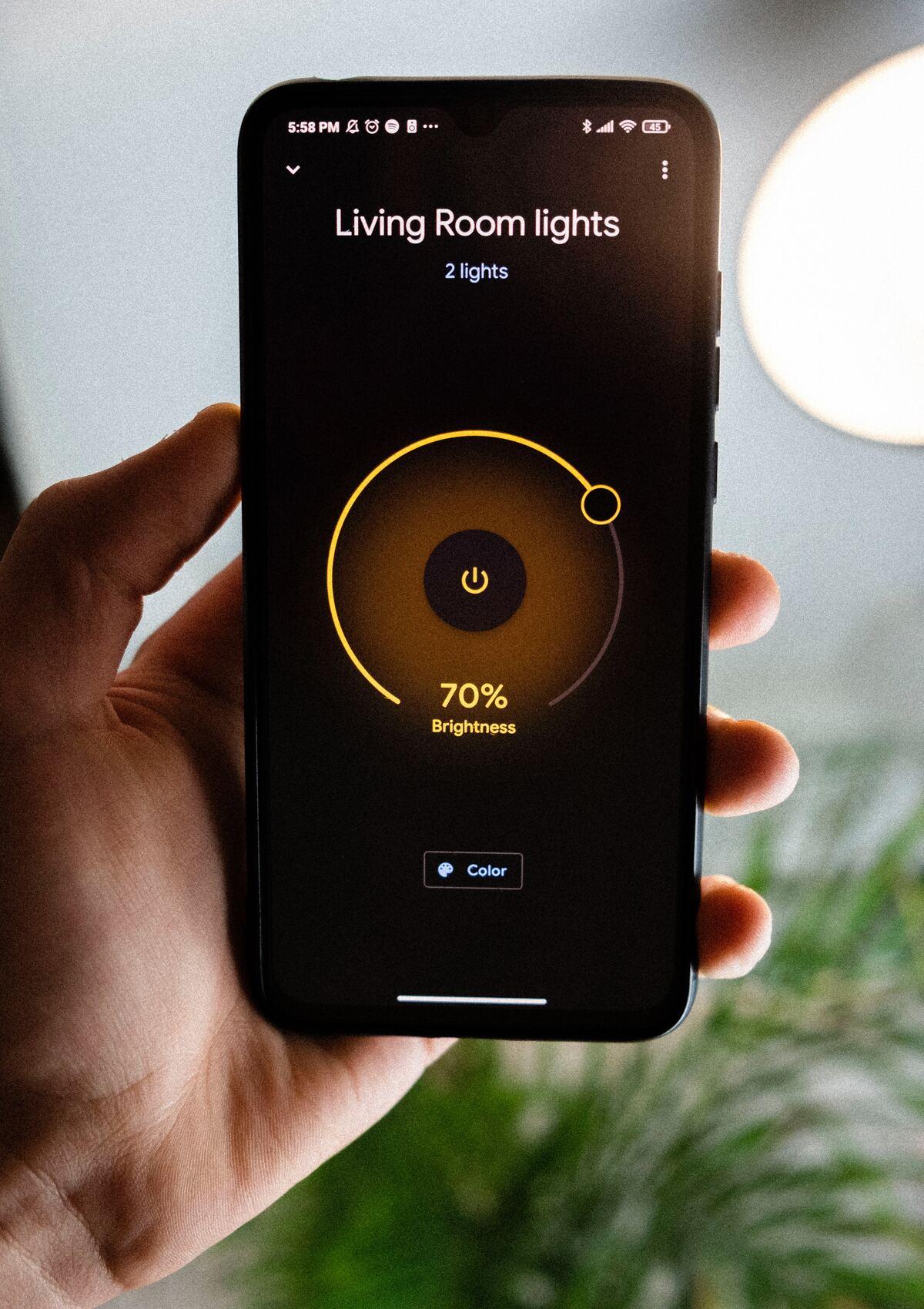- Home
- Articles
- Architectural Portfolio
- Architectral Presentation
- Inspirational Stories
- Architecture News
- Visualization
- BIM Industry
- Facade Design
- Parametric Design
- Career
- Landscape Architecture
- Construction
- Artificial Intelligence
- Sketching
- Design Softwares
- Diagrams
- Writing
- Architectural Tips
- Sustainability
- Courses
- Concept
- Technology
- History & Heritage
- Future of Architecture
- Guides & How-To
- Art & Culture
- Projects
- Interior Design
- Competitions
- Jobs
- Store
- Tools
- More
- Home
- Articles
- Architectural Portfolio
- Architectral Presentation
- Inspirational Stories
- Architecture News
- Visualization
- BIM Industry
- Facade Design
- Parametric Design
- Career
- Landscape Architecture
- Construction
- Artificial Intelligence
- Sketching
- Design Softwares
- Diagrams
- Writing
- Architectural Tips
- Sustainability
- Courses
- Concept
- Technology
- History & Heritage
- Future of Architecture
- Guides & How-To
- Art & Culture
- Projects
- Interior Design
- Competitions
- Jobs
- Store
- Tools
- More
The Rise of Smart Homes: Which Technologies Should I Look Out for?

For first-time buyers and buy-to-let landlords, smart homes are emerging as one of the most significant upcoming trends. With smart devices and remote systems connected to a mobile app, homeowners can control and adjust everyday appliances and household functions.
Converting older properties into fully equipped smart homes might prove challenging. But with over 200,000 new homes built in the UK in the year leading up to March 2023, opportunities for viable and cutting-edge living solutions are plentiful.
And with the right knowledge and contractors, home building companies can start to make smart homes feel like the norm. Whether you’re buying or investing, it’s important to understand the key technologies driving this trend.

What are the real benefits of smart homes?
Since smart homes encompass a variety of devices designed to facilitate everyday routines, convenience is the most significant benefit.
Voice assistants prove to be one of the most popular types of smart technology. According to a 2021 UK survey aimed towards identifying methods of using this technology, 78% used Amazon Alexa on a smart speaker. And just a year later, 46% of all UK respondents indicated using Alexa in some way.
But it’s not just Alexa taking households in the UK by storm. Smart home security systems, remote heating controls and integrated appliances make up part of the package for a home that can truly be defined as a ‘smart home’ now.
Three key technologies driving smart homes
- The Internet of Things
The Internet of Things (IoT) describes the network of physical, interconnected devices that connect with each other to exchange data and monitor wider systems. This data-driven technology enables communication and remote control between the cloud and selected devices, along with between the devices, across a network.
- Sensors
IoT devices rely on specific hardware to work. It’s this tech that enables the basic function of home systems, like smart meters and smart alarms. Thermal sensors in thermostats will be able to communicate with a smart meter, which in turn could trigger the heating system to reach a pre-set temperature. Likewise, a motion sensor detecting movement outside a property could be responsible for sending an alert to the homeowner’s phone.
- Artificial Intelligence
Perhaps above the rest, Artificial Intelligence is driving further smart home innovation. Voice assistants rely on this core technology to learn our preferences and habits, and it’s reasonable to predict that we’ll be seeing more AI-powered household devices in the future. At the moment, smart speakers and TV systems reign supreme in the smart home.

What’s the future of smart homes?
If you’re going to be house hunting soon, looking for new homes with integrated smart features could get you more for your money. Along with futureproofing your home and steering it to a higher resale value, you’ll be able to enjoy all the conveniences of integrated tech as soon as you move in.
The future of the smart home, especially in the UK, will undoubtedly see the wake of new AI-powered automation and sustainable living solutions. In the coming years, a high-speed internet connection will become much more of a necessity than a preference.
Overview
As IoT devices become more complex and attuned to our lifestyles, we should expect to see further innovation. Voice assistants and critical home devices will be able to learn our preferences and routines, allowing a higher level of customisation than ever before. If you’re looking for a new home, make sure to consider your options carefully.
illustrarch is your daily dose of architecture. Leading community designed for all lovers of illustration and drawing.
Submit your architectural projects
Follow these steps for submission your project. Submission FormLatest Posts
Top 10 Most Inspiring Women in Architecture
Explore the remarkable achievements of women in architecture who transformed the profession...
Acropolis of Athens: Architecture as a Political and Cultural Statement
From the Parthenon to the Erechtheion, the Acropolis of Athens stands as...
How to Understand Rental Appraisals: A Full Guide
Rental appraisals are essential for setting competitive rent prices and maximizing investment...
10 Things You Need To Do To Create a Successful Architectural Portfolio
Discover 10 essential steps to create a successful architecture portfolio. From cover...












Leave a comment